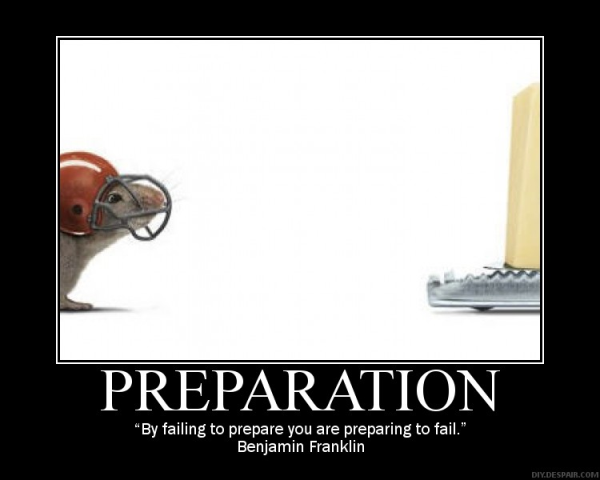When working a night shift, you will find that the forces of nature are against you. This is because everyone’s internal clock is set to sleep at night and wake up when there’s daylight. This means that no matter how much sleep you have had through the day, you will still find yourself struggling to get through the night. There are however some little tricks you can do, that will help trick your body clock into thinking, your up at the right time.
Another little hack that you can use against your body clock is, something that also battles jet lag. With this technique, you start the day before you have your night shift or flight. The way that you do it, is by sleeping through the day and waking up at night. As soon as you wake up have your breakfast and then a few hours later your lunch. Even if you are not hungry. The food that you eat sends signals to your brain letting it know that it morning. Even if it is night time. Then the day you wake up to do your shift carry on with breakfast first thing and lunch a few hours after. Your body clock will effectively be retrained into thinking it is day time when it is not. Making it much easier for you to stay awake.
Of course there are always the more unhealthy options too. Some people find that keeping themselves awake for a twenty four hour period and then sleeping at the time they want to, is effective. As your body is so tired it goes straight to sleep. However this can be very detrimental to your health. As it has been suggested that missing just one nights sleep can knock a whole day off your life. This has never been proved though. So the risk is really your call.
Another method of staying up is caffeine. Whether from drinking coffee or energy drinks, or even taking caffeine pills. There is nothing wrong with using this method from time to time. However if you use this method on a regular basis you may find yourself developing health problems. You may also find yourself growing dependent on the caffeine, finding it hard to function without it. If you are getting to this point or have already reached this point, then you need to start looking at alternative methods. As caffeine stimulates the brain and makes it jumpy. Meaning that it can actually stop you from being able to focus. This could potentially be dangerous if you are working with heavy lifting or machinery.
There are loads of different methods to keeping yourself awake throughout a night shift. With many of them being quick and simple to do. If you want to find out more ways of keeping yourself up at night then follow these links, for more great ways to hack your body clock.
http://www.livingforimprovement.com/hacking-sleep-resetting-your-biological-clock/
http://www.trendpreneur.com/lifestyle/resetting-the-clock-successful-bodyhacking/






















 A good thing to do with your mental time while work is to structure it in a way that makes you think about each step of what you need to get done at home, and in your personal life, such as go to the bank, pay the car insurance, buy school clothes for the kids, or attend one of their after school activities. By deciding at the beginning of the day to make a ‘mind map’ of every thing you need to do when you get out of work, you can decide wh
A good thing to do with your mental time while work is to structure it in a way that makes you think about each step of what you need to get done at home, and in your personal life, such as go to the bank, pay the car insurance, buy school clothes for the kids, or attend one of their after school activities. By deciding at the beginning of the day to make a ‘mind map’ of every thing you need to do when you get out of work, you can decide wh